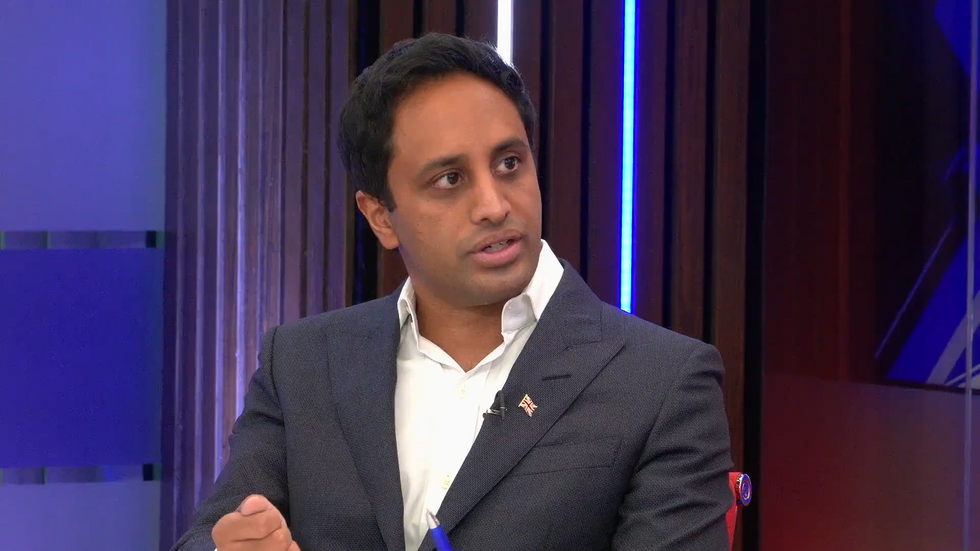How Reform are looking at Marine Le Pen in France and AfD in Germany to overhaul on-the-ground tactics
Nigel Farage is the leader of Reform UK
Reform are re-building their on the ground strategy
Don't Miss
Most Read
Trending on GB News
Reform UK is closely watching the successes of far-right parties in Europe, including Germany's AfD and Marine Le Pen's National Rally in France, as it seeks to expand its electoral influence.
Newly appointed party chair Zia Yusuf outlined an ambitious goal of significantly increasing the party's voter base ahead of key elections in 2029.
In a recent interview, Yusuf acknowledged the party’s current challenges, emphasizing the need to build a stronger grassroots campaign.
“We had no data like the other parties and no get-out-the-vote operation on election day,” he admitted, adding that their limited efforts in previous elections yielded positive results where they did establish a ground campaign.

Zia Yusuf has outlined a strategy on-the-ground to target voters
GB NewsHis strategy focuses on building local constituency branches, with 120 already established and hopes to expand that to 200 by the party’s upcoming conference.
He pointed to the success of Germany’s AfD, made significant gains in the weekend's elections, and to Marine Le Pen’s doubling of her vote share in France as inspiration.
“We are a very different party from them,” Yusuf emphasized, “but we live in unprecedented times.”
Reform UK is positioning itself for a long-term strategy as it attempts to reshape British politics.
It comes as Reform UK is set to make in-roads into Labour’s leave-voting heartland seats after Sir Keir Starmer’s honeymoon period ended early, a new opinion poll has suggested.
Nigel Farage’s party is currently poised to pose a major threat to Labour in dozens of seats after the Prime Minister’s support suffered a major dip just eight weeks after romping to victory.
The latest BMG opinion poll put Labour’s support at just 30 per cent, down from 34 per cent on July 4.







